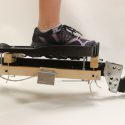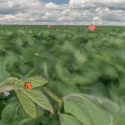UW 2020: New VCRGE program to support early stage research
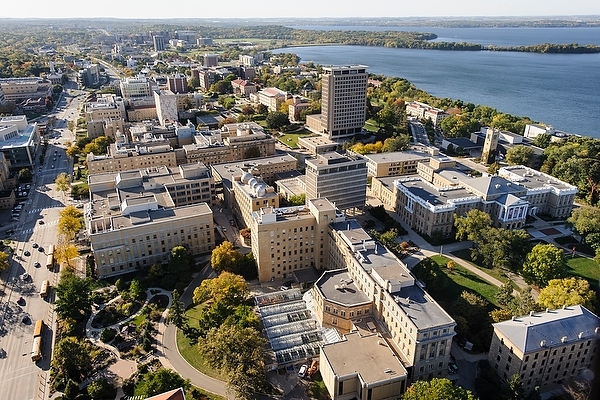
The new UW 2020: WARF Discovery Initiative is intended for research happening all across the UW–Madison campus, including the social sciences and the arts and humanities, as well as the biological and physical sciences.
In an effort to create a dynamic new funding mechanism for bold research ideas, ideas with potential to drive significant discoveries, the Office of the Vice Chancellor for Research and Graduate Education (VCRGE), with support from the Wisconsin Alumni Research Foundation (WARF), is teeing up a new program to seed potentially groundbreaking research.
The program, known as UW 2020: WARF Discovery Initiative, is capitalized at $5 million and is intended to provide funding for faculty and academic staff with principal investigator status attempting innovative and potentially high-impact research that has not yet been funded.
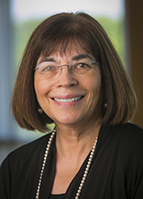
Marsha Mailick
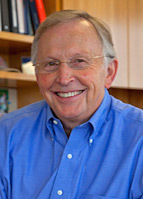
Carl Gulbrandsen
The goal, according to Vice Chancellor for Research and Graduate Education Marsha Mailick, is to help faculty generate preliminary results that drive new lines of scholarly innovation through projects that are high impact, ambitious or risky in their aims. She emphasizes that the program is intended for all of the UW–Madison campus, including the social sciences and the arts and humanities, as well as the biological and physical sciences.
“We want to encourage any faculty member wanting to pursue the most novel, innovative and important research in creative ways, to help grow UW–Madison’s research portfolio,” says WARF Managing Director Carl Gulbrandsen. “We see this initiative as a way to jump start projects with far-reaching potential.”
Applications for UW 2020 funding are being solicited by the VCRGE with an Oct. 1 deadline for abstracts and a Nov. 15 deadline for the full proposal. A second round of proposals will be solicited in early 2016, with abstracts due Feb. 1 and full proposals submitted by March 15. Applications can be submitted to competitions@research.wisc.edu.
Selected by a committee that will have significant faculty representation, average UW 2020: WARF Discovery Initiative awards will be approximately $300,000 with a maximum total award of $500,000 over two years. An emphasis will be on multi-investigator projects that are highly creative, employ innovative methodologies and engender disciplinary cross-pollination to create a sum greater than its parts.
“Just as our faculty need to be ever more creative in their efforts to obtain support for their work, we need to be creative in finding new ways to help them get that research off the ground.”
Marsha Mailick
The selection process, says Mailick, is intended to be nimble in order to provide quick responses to proposals.
“Just as our faculty need to be ever more creative in their efforts to obtain support for their work, we need to be creative in finding new ways to help them get that research off the ground,” explains Mailick. “UW 2020 will help us do that.”
UW-Madison, notes Mailick, has a history of scholarly risk taking and generating signal research feats that have laid the foundation for, or transformed, entire fields of research. Examples include biochemist Karl Paul Link’s synthesis of warfarin, oncologist Howard Temin’s discovery of reverse transcriptase, mathematician Hans Schneider’s development of the algorithms that power Google, and biologist Jamie Thomson’s stem cell discoveries.
In addition to supporting research, the UW 2020: WARF Discovery Initiative will also provide support for new shared instrumentation and novel technologies to abet discovery.

